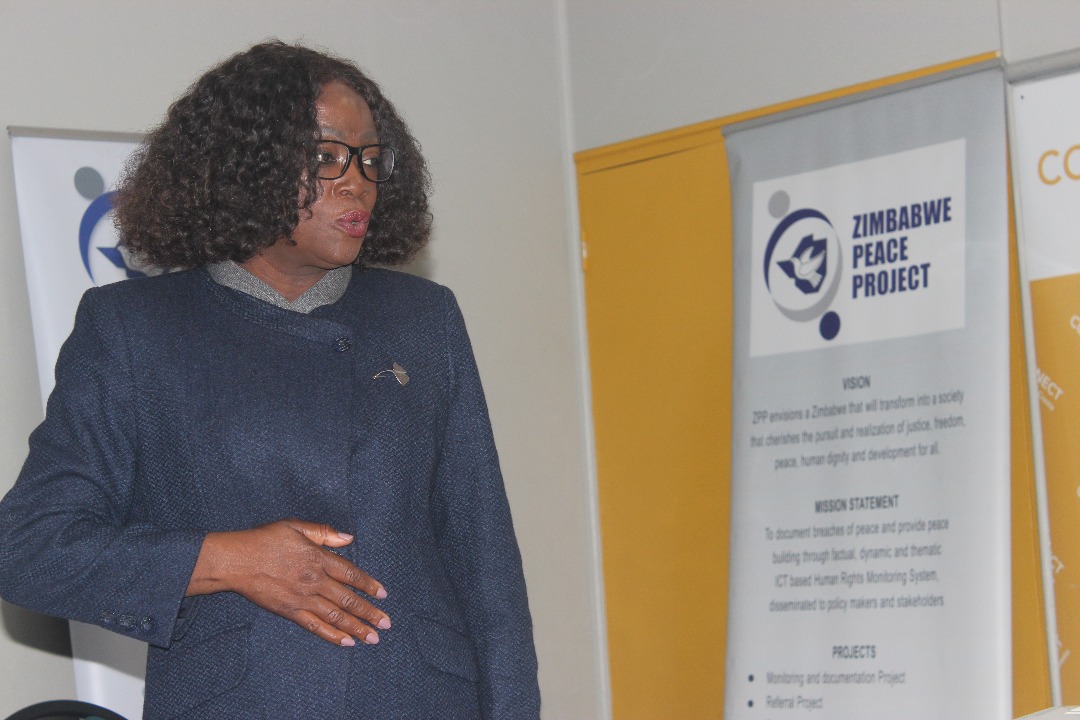By Byron Mutingwende
The Zimbabwe Peace Project (ZPP) has urged politicians to reach out to to their supporters and educate them that they are all bound by the pledge they signed.
The call comes amid isolated reports of intra and inter-party violence ahead of the elections scheduled for 30 July 2018.
“There is a fairly progressive constitution but some of the rights in the Bill of Rights are not being respected. Linda Masarira is complaining about her posters being defaced or removed. Some of the people are cordoning off their constituencies. Political parties need to exercise tolerance and respect rights of some candidates in particular constituencies.
“In Norton, Christopher Mutsvangwa provided funds for some people who drowned but referred himself as the Member of the National Assembly for the area. That is a misrepresentation and violation of the right s of the incumbent MP. That’s a high level of intolerance.
“There is also worry about stifling of freedom of expression. In Nyanga, many people revealed that they are afraid of the role that traditional leaders should play. Chief Fortune Charumbira perpetrates the intimidation of villagers with contempt despite a court order ordering him to retract his statement. The media should contribute to the building blocks of peace. The media is a watchdog to protect public interest against malpractice. Journalists should speak truth to power,” said Jestina Mukuoko, the ZPP National Director during a workshop organised by the Centre for Investigative Journalism in Zimbabwe held on 2 July 2018 under the theme: “Integrating human rights violations and politically motivated violence across the political divide”.
Mukoko insisted that ZPP has always been reporting violence as it happens. When the MDC was the recipient of the most cases of violence around 2008, she was abducted. In doing so, it verifies reports from its monitors using evidence-based monitoring.
She encouraged the media to be fair and balanced in their reportage. One publication ignored the murder of Professor Lumbe in Mazowe and deepened its reportage on the infighting within the MDC, in a move perceived to be pushing a certain agenda ahead of pressing matters like violation of human rights.
“During elections, citizens expect free, fair and credible elections. The media should unpack what this means. This should not be words that just fly around. In Nyanga we ended up having over 300 victims of torture,” Mukoko added.
To have a free and fair election the constitution must be observed and respected. The rights of citizens as proscribed in the Bill of rights must be respected as well as the provisions spelt out by the Electoral Act.
Under Zimbabwean law, rights are provided for in the Constitution in Chapter 4 which is known as the Declaration of Rights. The Declaration of Rights sets out the rights which every person in Zimbabwe is entitled to.
Mukoko warned that media may be vulnerable to political manipulation and help in escalating violence but old and new media can make a positive contribution at different stages of conflict cycle, from early warning to de-escalation, reconciliation and strengthened social cohesion.






